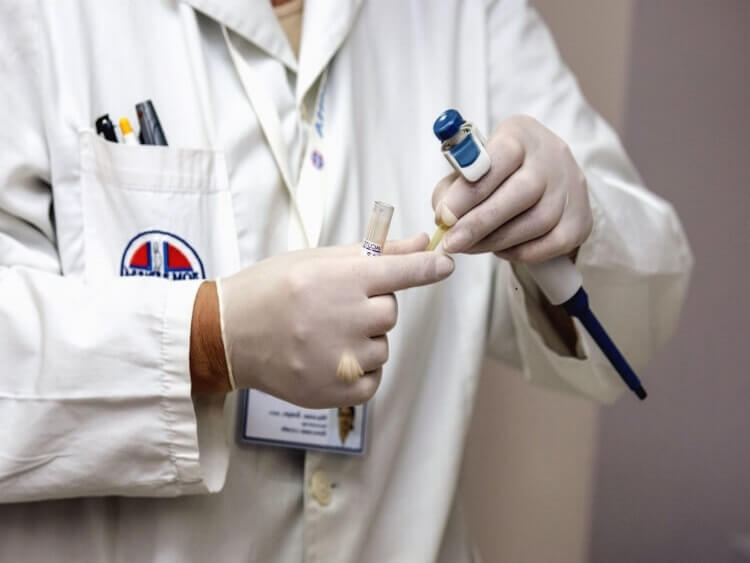2h
Cattle AMH(Anti-Mullerian Hormone) ELISA Kit
Cattle AMH(Anti-Mullerian Hormone) ELISA Kit
40000pg/mL
177.4pg/mL
493.83-40000pg/mL
Competitive Inhibition
Endocrinology;Reproductive science;Hormone metabolism;
ELISA Enzyme-linked immunosorbent assays Code 90320007 SNOMED
MIF; MIH; MIS; Müllerian Inhibiting Factor; Müllerian Inhibiting Hormone; Müllerian Inhibiting Substance
E05 478 566 350 170 or Enzyme-Linked Immunosorbent Assays,E05 478 566 350 170 or Enzyme-Linked Immunosorbent Assays
This antibody needs to be stored at + 4°C in a fridge short term in a concentrated dilution. Freeze thaw will destroy a percentage in every cycle and should be avoided.Hormone releasing factors and releasing hormones are signaling molecules produced by glands in multicellular organisms. The glands that secrete Luteinizing hormones LHRG and LH, FSH comprise the endocrine signaling system. The term growth hormone releasing hormone GHRH is sometimes extended to include chemicals produced by cells that affect the same cell (autocrine or intracrine signaling) or nearby cells (paracrine signaling). Human recombinant LHRG and GHRH are produced in E. coli or in yeast cells.
This assay employs the competitive inhibition enzyme immunoassay technique. A monoclonal antibody specific to Anti-Mullerian Hormone (AMH) has been pre-coated onto a microplate. A competitive inhibition reaction is launched between biotin labeled Anti-Mullerian Hormone (AMH) and unlabeled Anti-Mullerian Hormone (AMH) (Standards or samples) with the pre-coated antibody specific to Anti-Mullerian Hormone (AMH). After incubation the unbound conjugate is washed off. Next, avidin conjugated to Horseradish Peroxidase (HRP) is added to each microplate well and incubated. The amount of bound HRP conjugate is reverse proportional to the concentration of Anti-Mullerian Hormone (AMH) in the sample. After addition of the substrate solution, the intensity of color developed is reverse proportional to the concentration of Anti-Mullerian Hormone (AMH) in the sample.
